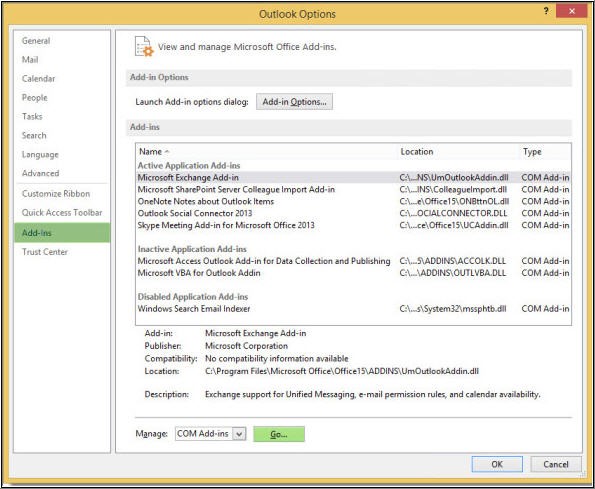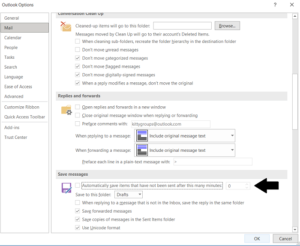
Be sure to select "Include Subfolders" this may be under the "Advanced" option.In the "Look In" list, make sure your local hard drives are selected.In the "Named" or "All or Part of the File Name" box, type extend.dat.In the search options, select "All Files and Folders".Click the Windows "Start" menu and select the "Find" or "Search" option.To rebuild your "extend.dat" file, do the following: IMPORTANT: This is normally a safe operation, but you should still make sure you have your Outlook PST file backed up before you try it. The solution is to force Outlook to rebuild the "extend.dat" file, which is fairly easy to do. One reported problem is a corrupt Outlook "extend.dat" file. You can then go back and start re-enabling the add-ins one by one until you find the one that's causing problems.



Normally Outlook should release the message as soon as you close it. This only happens if Outlook is running, and it goes away if you close Outlook. The file may not exist, you may not have permission to open it, or it may be open in another program. It's possible the file is already open, or you don't have permission to open it. When you try to re-open the MSG file, you get an error message that says, in part: We can't open. If you open then close the file, you can't re-open it, rename it, or delete it in FileCenter.

You've saved an Outlook email as an MSG file. After You Open an Outlook MSG File, You Can't Re-Open, Delete, or Rename It Problem


 0 kommentar(er)
0 kommentar(er)
